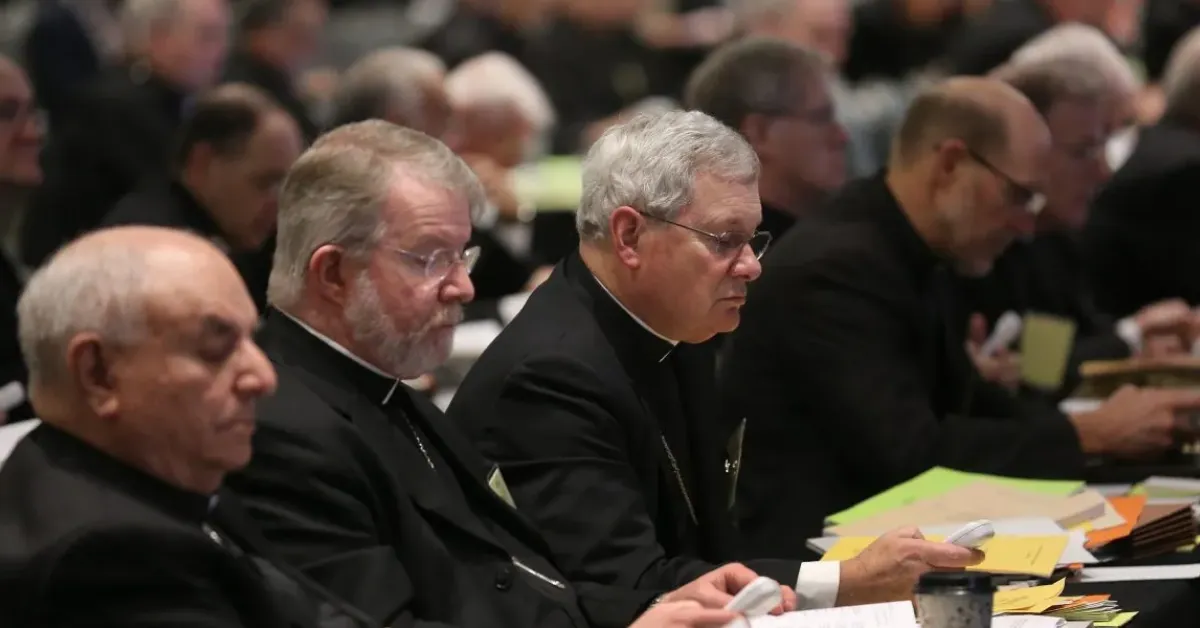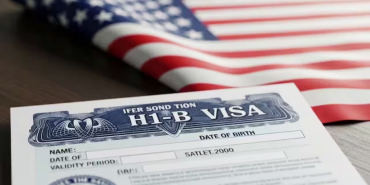The US Catholic Bishops Issue New Immigration Guidelines Ahead of Trump's Inauguration

The US Conference of Catholic Bishops (USCCB) has released a set of new guidelines aimed at informing immigration reform, advocating for measures that are both humane and effective.
These recommendations come just weeks before President-elect Donald Trump is scheduled to take office for his second term, during which he has signalled intentions to pursue mass deportation of undocumented immigrants. The bishops' guidance voices the necessity of striking a balance between enforcing immigration laws and maintaining human dignity and the common good.
They assert that while it is vital to protect communities and uphold the rule of law, such measures should not compromise human life or dignity. The USCCB calls for targeted enforcement strategies focusing on real threats, such as gang violence, drug trafficking, and human trafficking. In their recommendations, the bishops express concern over the use of detention, particularly for vulnerable groups, including families, children, and individuals who are pregnant, elderly, or disabled.
They highlight the documented harms associated with detention centres, noting the insufficient care provided in such environments. Beyond enforcement actions, the bishops caution against employing military resources in deportation efforts and stress the importance of considering family and community connections when making enforcement decisions.
They advocate for policies that allow families, regardless of citizenship status, to access programs and services, recognizing the prevalence of mixed-status families in the country. Additionally, the USCCB urges lawmakers to facilitate pathways to citizenship for long-term residents and broaden legal immigration avenues. They argue that improving legal entry options is crucial to mitigating issues such as family separation and labour shortages.
The bishops further emphasize the need for protection for refugees, asylum seekers, and individuals who are victims of trafficking and abuse. They warn that the dehumanization of noncitizens poses a risk to the most vulnerable populations and that restricting humanitarian protections can have dire consequences. Finally, the USCCB calls for meaningful international collaboration to tackle the root causes of forced migration.
They point out that various factors compel large-scale migration, often driven by the need for survival. In conclusion, the USCCB's immigration reform guidelines present a balanced approach focused on upholding human dignity, safeguarding vulnerable populations, and addressing the underlying causes of migration.














Add new comment